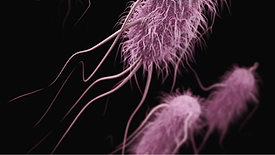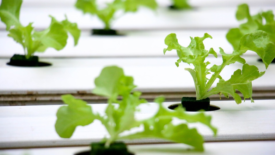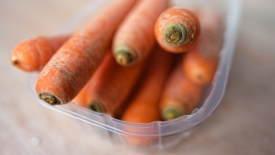Home » study
Articles Tagged with ''study''
BIZTRACKS
Edible Garden Spearheading Research to Further Food Safety in CEA
April 20, 2023
Never miss the latest news and trends driving the food safety industry
eNewsletter | Website | eMagazine
JOIN TODAY!Copyright ©2025. All Rights Reserved BNP Media.
Design, CMS, Hosting & Web Development :: ePublishing









